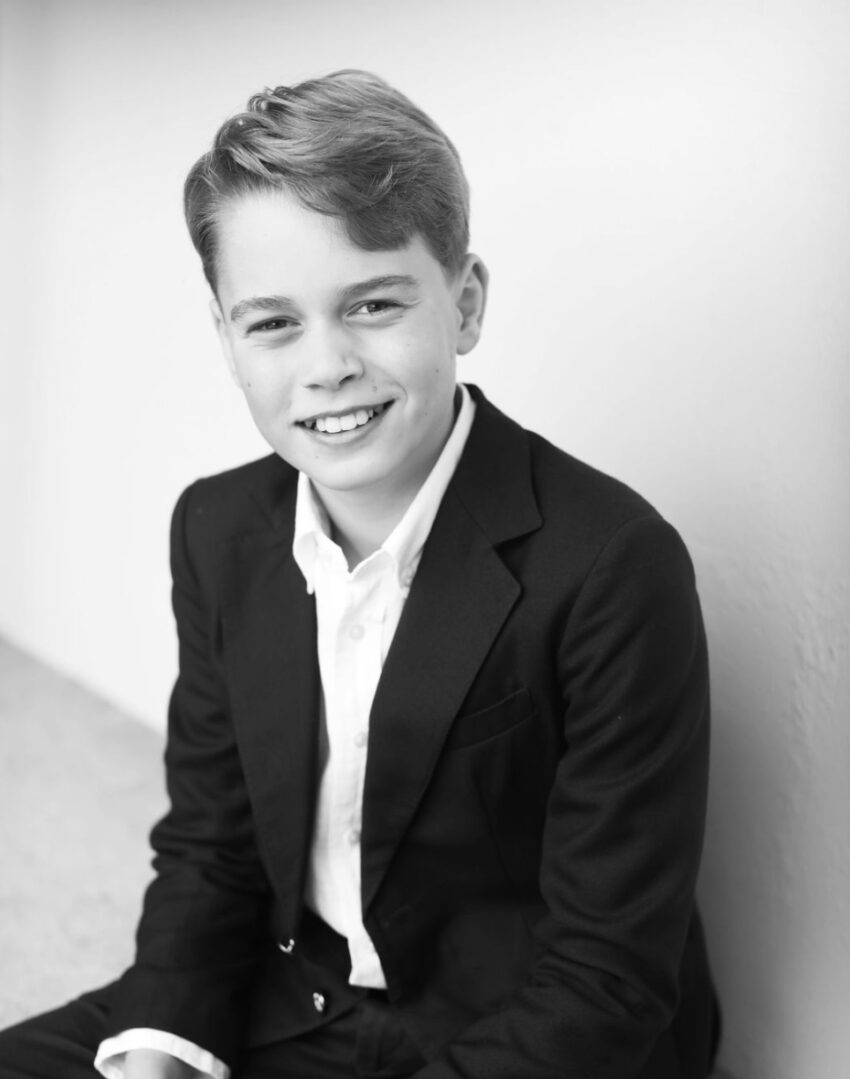Prince William has been a figure of public fascination since his birth, and as he matures into his role as a future king, the world is eager to understand the man behind the crown.
The Duke of Cambridge has navigated the complexities of royal life with a blend of tradition and modernity, shaped significantly by his upbringing and personal experiences.
As he prepares to take on greater responsibilities, insights into his journey reveal the depth of his character and the challenges he has faced.
Born on June 21, 1982, at St. Mary’s Hospital in London, Prince William’s arrival was not just a royal event but a pivotal moment for the British monarchy.
As the firstborn son of Prince Charles and the beloved Diana, Princess of Wales, William symbolized hope for a modern monarchy.
His early years were marked by a balance of royal duty and a desire for normalcy, largely influenced by his mother’s commitment to raising her sons away from the constraints of royal protocol.
Diana made it a point to expose William and his younger brother, Harry, to the realities of life beyond palace walls.
From trips to Disneyland to visits to homeless shelters, she instilled in them a sense of compassion and responsibility.
This unique upbringing allowed William to develop a grounded personality, which continues to resonate with the public today.
His childhood experiences equipped him with empathy—a trait that has become central to his public persona.
However, William’s life was not without its trials.
The divorce of his parents in 1996 and the tragic death of his mother in 1997 left deep emotional scars.
At just 15, he faced the world as a grieving teenager, navigating the complexities of royal expectations while dealing with profound personal loss.
The public witnessed his pain, especially during Diana’s funeral, where he walked alongside his brother and father, an image that etched itself into the hearts of many.
As he grew older, William channeled his grief into a commitment to public service, mirroring his mother’s charitable legacy.
He became involved in various causes, particularly focusing on mental health and homelessness—issues close to his heart.
In 2009, he co-founded the Royal Foundation with Harry, aiming to address these pressing societal challenges.
Their work has sparked important conversations around mental health, breaking down stigmas and encouraging openness.
Education played a crucial role in shaping William’s future.
He attended prestigious institutions, including Eton College and the University of St. Andrews, where he studied geography.
His time at university was marked by a desire for privacy, a trait he maintained throughout his life.
Despite the challenges of being in the spotlight, he focused on his studies and developed a love for sports, which remains a significant part of his life.
William’s military service further prepared him for his future role.
He trained at the Royal Military Academy Sandhurst and served as a search-and-rescue pilot with the Royal Air Force.
This experience not only honed his leadership skills but also reinforced his sense of duty.
His commitment to public service continued as he transitioned into royal duties, attending events and representing the monarchy on international tours.
In 2011, William married Kate Middleton, a union that captured the world’s attention.
Their love story, rooted in friendship and mutual respect, has been a beacon of hope for many.
Together, they have embraced their roles as modern royals, balancing family life with their commitments to various charitable causes.
The couple has focused on creating a nurturing environment for their three children, George, Charlotte, and Louis, while also engaging with the public in meaningful ways.
As a father, William strives to instill the same values in his children that his mother imparted to him.
He and Kate are dedicated to ensuring their children have a sense of normalcy despite their royal status.
They often share glimpses of family life with the public, reinforcing their relatability and approachability in an ever-evolving monarchy.
However, the path hasn’t always been smooth.
William’s relationship with his brother Harry has faced significant strains, particularly following Harry’s marriage to Meghan Markle and their subsequent decision to step back from royal duties.
The media scrutiny and public interest in their dynamic have led to speculation about a rift, raising questions about the future of their bond.
Despite the challenges, William remains committed to his royal duties and the legacy of service that his mother championed.
As he steps into a more prominent role within the monarchy, his experiences, both joyful and painful, have equipped him to face the responsibilities ahead.
The world watches eagerly as he navigates this transition, hopeful that he will continue to embody the compassion and dedication that have defined his journey thus far.
With a rich history behind him and a promising future ahead, Prince William stands poised to lead the British monarchy into a new era, blending tradition with a progressive outlook.
His journey is a testament to resilience and the enduring impact of family, love, and duty.
As he continues to evolve, one thing remains clear: the world is ready to embrace the next chapter of the Duke of Cambridge’s story.
